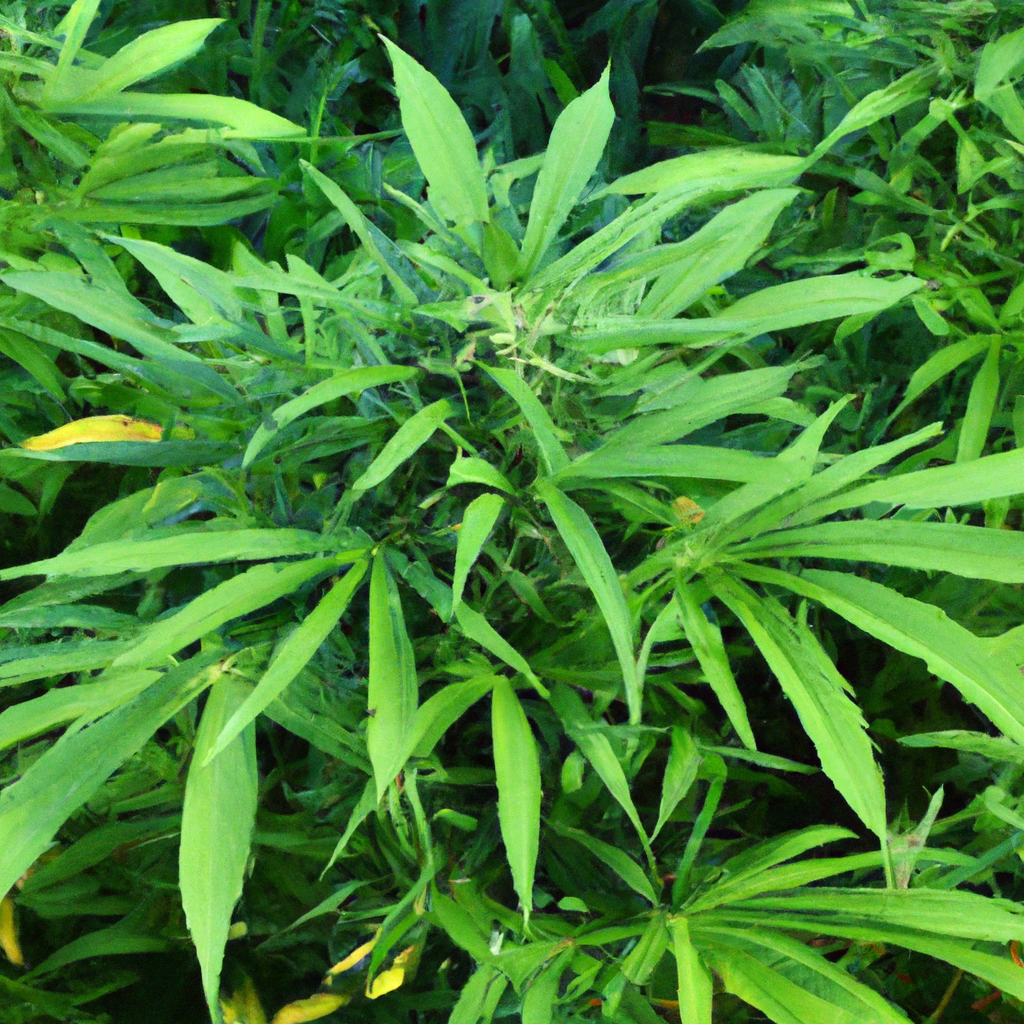Your cart is currently empty!
Introduction
In the rapidly evolving landscape of cannabis cultivation, the emphasis on organic practices is gaining traction. By opting for organic methods, growers not only contribute positively to the environment but also produce a cleaner, more potent product for consumers. This article explores the best practices for organic cannabis cultivation, focusing on natural methods that enhance plant growth and protect biodiversity.
Building a Healthy Soil Ecosystem
Healthy soil is the cornerstone of any successful organic cultivation effort. Here are some tips to improve soil quality:
- Composting: Start by incorporating homemade compost, which enriches the soil with vital nutrients and beneficial microorganisms without synthetic additives.
- Cover Crops: Use cover crops like clover or vetch to fix nitrogen and improve soil structure. These crops act as natural fertilizers and prevent soil erosion.
- Mulching: Apply organic mulch materials such as straw or wood chips to retain moisture, suppress weeds, and encourage beneficial organisms.
Natural Fertilizers: Feeding Your Plants Right
Cannabis plants require a balanced diet. Here are some natural fertilizers to consider:
- Fish Emulsion: Packed with essential nutrients, fish emulsion is a quick-acting fertilizer that promotes vigorous plant growth.
- Bone Meal: An excellent source of phosphorous, bone meal aids in strong root development and enhances flowering.
- Seaweed Extract: Rich in potassium and trace minerals, seaweed extract boosts plant immunity and improves overall vitality.
Eco-Friendly Pest Control Solutions
Pests are an inevitable challenge in cannabis cultivation, but organic methods can mitigate damage:
- Companion Planting: Plants like marigolds and basil naturally deter many pests, reducing the need for pesticides.
- Neem Oil: Effective against a variety of insects, neem oil is safe for plants and breaks down quickly, making it a sustainable choice.
- Diatomaceous Earth: This natural powder disrupts the exoskeletons of pests like aphids and spider mites without harming beneficial insects.
Beneficial Practices for Sustainability
Promoting sustainability in your cannabis operation leads to long-term benefits for both your plants and the planet:
- Water Conservation: Implementing drip irrigation systems minimizes water waste and provides consistent moisture to plants.
- Energy Efficiency: Utilize renewable energy sources like solar panels to power your grow facility, reducing your carbon footprint.
- Recycling: Recycle and reuse plant containers or other materials to cut down on waste and resource consumption.
Conclusion
Organic cannabis cultivation offers numerous advantages, including healthier plants, a cleaner product, and reduced environmental impact. By adhering to natural methods, growers not only nurture superior cannabis but also contribute to a sustainable future. Embrace organic practices today for a better tomorrow.
Discover more from Magic Clones
Subscribe to get the latest posts sent to your email.


Leave a Reply